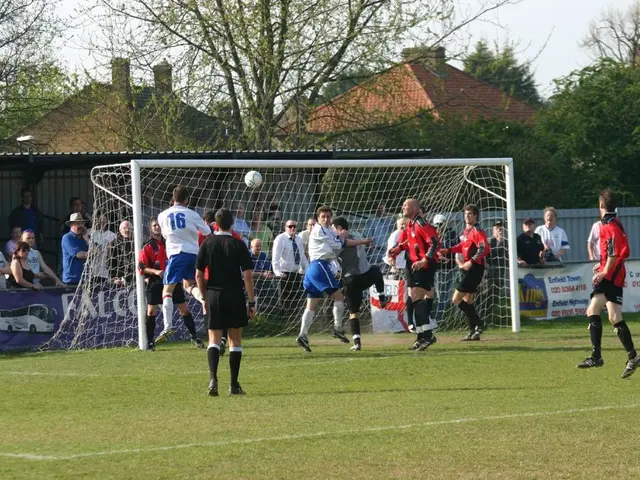US Security Force Assistance Lacks Effectiveness: Insights from Afghanistan's Collapse Unveil deficiencies
In the realm of Security Force Assistance (SFA) projects, the United States often takes the lead, delegating large-scale projects to its own forces. However, the effectiveness of these projects is less dependent on the amount of assistance provided, but rather on the decisions of recipient leaders.
This was evident during the Korean War, where the US Eighth Army and the Korean Military Advisory Group (KMAG) secured almost full cooperation from the Republic of Korea (ROK) leadership in the development of the ROK Army. By the summer of 1953, the ROK Army had transformed into an effective fighting force.
The ideology of advising that governs US military operations is characterized by several causal myths. One strand argues that the United States lacks the bargaining power necessary to incentivize partners. Contrary to this myth, General David Petraeus successfully used threats to cut assistance to incentivize cooperation in Iraq. An instance of this was when Petraeus, along with Ambassador Ryan Crocker and General James Dubik, withheld logistical support from Iraqi National Police units until Prime Minister Nouri al-Maliki agreed to replace them.
Another myth argues that the bureaucratic machinery of US military advising is too big and cumbersome for the finely tuned manipulation of incentives. However, the US Eighth Army and KMAG effectively used a combination of rapport, direct command, and incentives to build the ROK Army during the Korean War.
The fundamental barrier to effective SFA is insufficient local will to fight. Combat effectiveness depends on patterns of decisions made around personnel, command structures, training, and corruption. Personal diplomacy has failed to move local leaders to build professional militaries in Vietnam, Iraq, and Afghanistan, as evidenced by the collapse of the Afghan National Security Forces, despite receiving over $83 billion in aid from the United States.
In light of these findings, it is crucial for Washington to evaluate threats in the context of the United States' wider global priorities and develop realistic expectations about what different tools of power can accomplish in a given theater. The US builds better militaries when it successfully influences recipient leaders, as demonstrated by the success of the ROK Army during the Korean War.
This article is written by Benjamin Jensen, offering insights into the complexities of US military advising and the myths that have persisted in this field.
Read also:
- United States tariffs pose a threat to India, necessitating the recruitment of adept negotiators or strategists, similar to those who had influenced Trump's decisions.
- Weekly happenings in the German Federal Parliament (Bundestag)
- Southwest region's most popular posts, accompanied by an inquiry:
- Discussion between Putin and Trump in Alaska could potentially overshadow Ukraine's concerns







